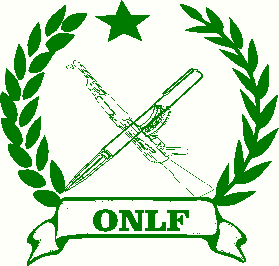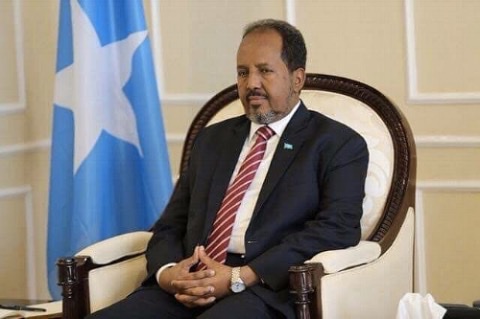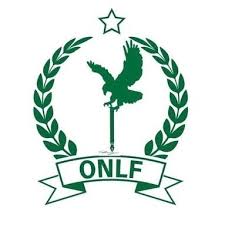Can the people of the Horn of Africa establish a common union based on justice and equality?
 We’re witnessing lately the formation of sub-regional unions and the coming together of nations who share adjacent geographic locations, interests and common destiny. These unions are necessitated, among other things, by their mutual inter-connection and desire to survive collectively in this rapidly changing globalized world, and to compete internationally.
We’re witnessing lately the formation of sub-regional unions and the coming together of nations who share adjacent geographic locations, interests and common destiny. These unions are necessitated, among other things, by their mutual inter-connection and desire to survive collectively in this rapidly changing globalized world, and to compete internationally.
It has been established that no nation can participate and succeed in the fierce global political and economic competition, alone, without the backing and protection of regional and continental groupings. That is why the nations of Europe have formed the European Union (EU), and the American continent has the OAS (Organization of American States). The African continent is represented politically by the African Union (AU), while the Middle East and the wider Asian continent have several formations such as The Arab League (AL), the Gulf Cooperation Council, and the Association of Southeast Asian Nations (ASEAN). These continental, regional and sub-regional groupings, serve as a bulwark and protection (for smaller nations within them) against unfair competition, exploitation and environment pollution, by the predatory powerful countries of the world. They also foster and promote inter-regional cooperation and development.
But before such regional integration is formed, it is important for the constituent parts – that is, the peoples and nations inside the mega union – to feel to belong to the project and own it. The communal and citizens’ rights within nation states must be respected and safeguarded, and the citizenry must be given the right to choose to join such a union through referendum. To a certain extent the EU has succeeded in this endeavor by giving its member states and those applying to join it to so through the referendum process.
The people and nations of the Horn of Africa, unlike other parts of the continent, share many commonalities which can help them set up strong alliances and play their role in the global competitions. But this can only take place if historical injustices are addressed and the inhabitants of this region are accorded equal rights and opportunities to decide their destiny.
Finding just solutions to the long simmering mishandled historical causes is a pre-requisite to achieving stable geographical alliances, be them federalisms or confederation of states. Anything short of that is tantamount to a flammable material waiting to be ignited at the slightest moment.
The breakup of the former Soviet Union and the old Yugoslavia illustrate this matter very well. And if it is thought that separation through self-determination is a thing of the past, and a relic of the 20th century, the rise of independency-seeking nationalists in elections held in Quebec, Scotland, Catalonia and the Basque region in Spain, point to the other direction. But while Europe and North America have embraced inclusionary politics of their minorities, and granted them the right to self-determination, the same cannot be said about the African continent: Eritrea and South Sudan, which are the latest African nations to emerge, managed to break-away from the brutal colonization of Ethiopia and Sudan after a long, bloody and bitter struggle for independence which had cost them dearly.
The main reason such disintegrations occur is that people were coerced to such nation states and federations or that they feel the original compact system and ensuing social contract was done without their consent. Nations states that have emerged out of this perverse situation, and who do nothing to ameliorate this thorny issue, risky imploding and eventually disintegrating.
The Somalis in the Ogaden are determined to free themselves from the grip of black colonialism imposed on them by Abyssinia kingdoms of late 19th century and successive Ethiopian regimes. After that, they are ready to live in harmony with other nations and peoples of the Horn of Africa, and set up together a lasting union based on freedom, equality, justice and development through regional integration and mutual cooperation and co-existence.
Ogaden News Agency (ONA)




Comments are closed
Sorry, but you cannot leave a comment for this post.